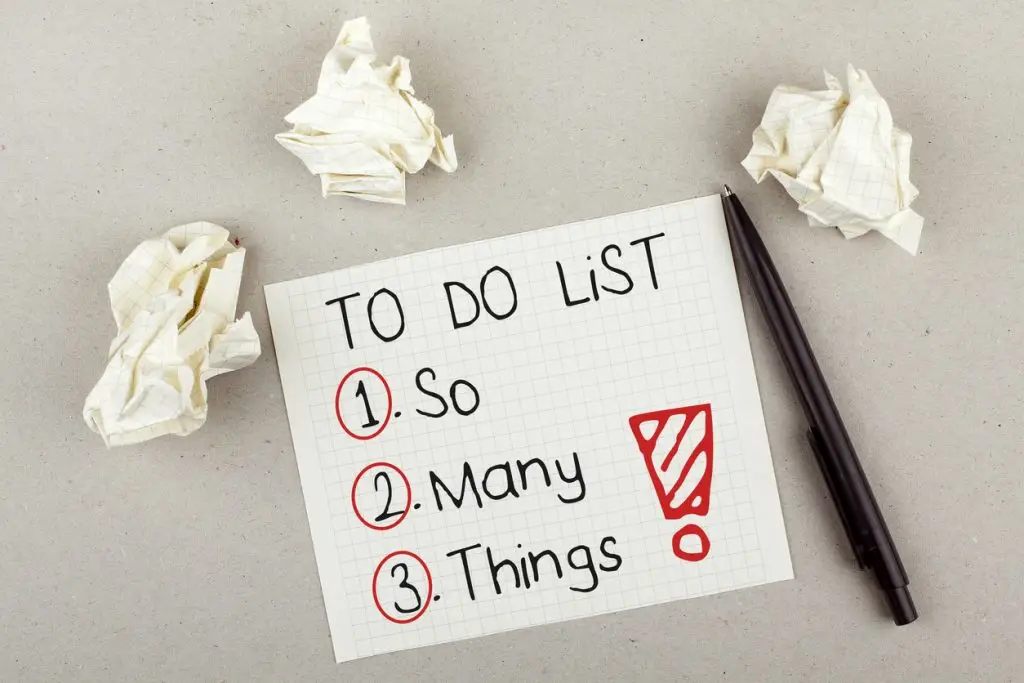By Dr. William Epperly of Forum Heath Bloomingdale
Most people accept the notion that exercise is good for your health. But not everyone can list all the benefits! Understanding specifically why exercise is good for you may serve as a handy reminder to get up and get moving.
The Benefits of Regular Exercise
- Exercise can help you control your weight
- Improve your mood*
- Reduce your risk of certain illnesses like heart disease
- Improve your energy
- Improve your sex life
- Improve the quality of sleep (and therefore give you more energy during the day or shorten the amount of sleep you need)
- Add more fun to your life
So, given all those benefits, why do so many people get insufficient exercise?
Which also brings up the question, “how much exercise is sufficient anyway? How do you know if you have done enough?”
The quick answer is 30 minutes a day or 3 hours per week is the recommended amount of time you should aim to exercise. If you do Tabata Protocol type exercise you may get by with much less time.
Exercise Roadblocks You May be Experiencing
1. I’m “lazy”.
According to psychologist, Dr. Leon Seltzer, laziness is really a state arising from one or more of ten various states. Here they are, borrowed from his 2008 Psychology Today blog post, and many of them could apply to why some people don’t exercise:
- Lacking a sense of self-efficacy. Not believing that we’ll be effective at what we try.
- Lacking sufficient emotional support. We need someone to cheer us on.
- We need, but don’t expect, recognition from others for our efforts.
- Lack of self-discipline. This usually stems from the image or standard you have for yourself, or your self-esteem. Low self-esteem is usually contributing to low self-discipline.
- Lack of interest in the endeavor itself. Obviously, the more interested we are in an activity, the more motivated we are to engage. The more fun or cool it is, the more we are drawn to it.
- Ambivalence that something is going to be worth the effort. Lacking certainty about the value of the outcome.
- Fear of failure.
- Fear of refusal or rejection.
- Sense of discouragement, hopelessness, or futility. We can also say “depression” or a general lack of interest or excitement about pretty much everything.
- An attitude of pessimism, cynicism, hostility, or bitterness.
Now not all of those necessarily apply to exercising, but some of them clearly do.
2. I don’t have enough time.

We choose how to use the time and it is dependent on what our highest priorities are.
Generally speaking, we tend to choose the activity that is going to do the most to move us away from pain and toward pleasure. Because those are the two forces that motivate everyone.
The pleasure and pain can be specific, immediate and tangible, or can be more long-term and somewhat nebulous. But when we have exercise as a high priority and experience pleasure, we are more likely to keep doing it. For example, if a patient with fibromyalgia feels better after she works out in a warm swimming pool, she will be more likely to keep doing it.
Others you may be facing include:
- Exercise is boring.
- I’m self-conscious about how I look
- I’m too tired after work
- I’m not athletic enough
- Gym memberships are too much money
- I’ve tried to exercise before and failed or I’ve hurt myself
Starting to get past these roadblocks begins with thinking about how you see yourself and then creating a new standard for yourself. Deciding this is who I am now and raising the bar.
Forum Health is passionate about supporting you throughout your health journey. For more information on health coaching, nutrition counseling and other services we offer, please contact us today!
*Exercise has been found to be as good an antidepressant as antidepressant drugs, especially in certain genotypes.






